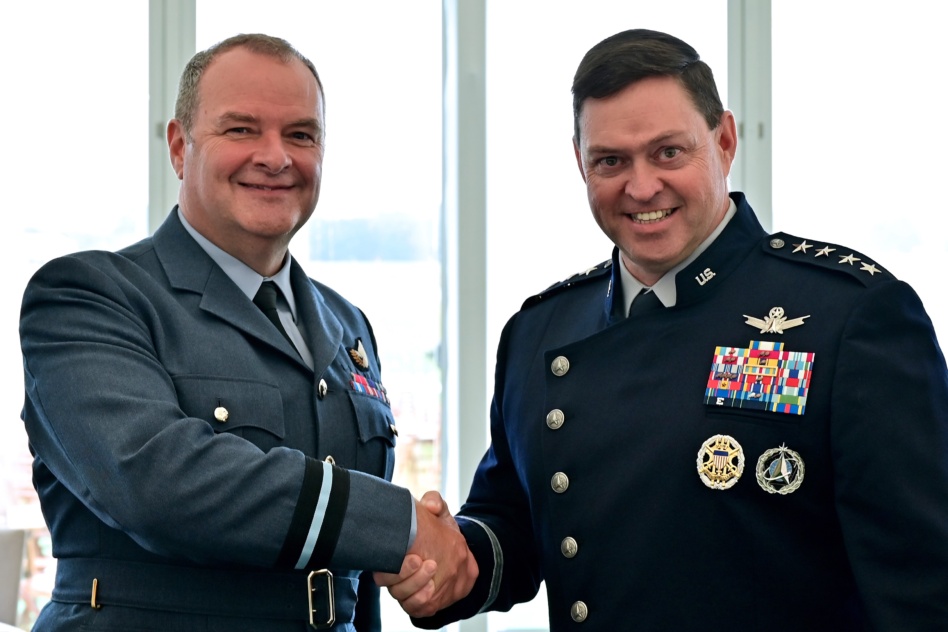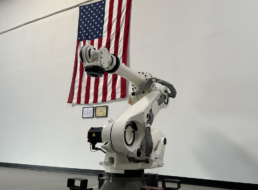A lack of cohesiveness across the US space enterprise is getting in the way of cooperation with allies, according to a report released this week by RAND.
The report, which was sponsored by Space Operations Command, recommended that the Defense Department take steps to have a consistent strategy for working with allies and to make collaboration between international partners easier.
However, even if the DoD implements changes, meaningful allied integration is not likely for the next two to five years, the report said.
“Say-do gap”: While senior US officials often repeat that working with allies is a key part of the Biden administration’s space policy, allies see a gap between that stated goal and real-life operations where alliances feel like an afterthought, according to the report.
Problems: RAND discovered several problems that make DoD cooperation with allies more difficult, including:
- Leaders from different parts of the Pentagon, including the Space Force, Air Force, Space Command, and policy secretary, have different positions and visions for working with allies.
- Different offices of the Defense Department have separate engagements with allies rather than one cohesive strategy.
- There are also regulatory burdens to partnerships, including rules around sharing classified information with international officials and a lack of support for exchange officers from other nations working with the DoD.
Solutions: The report makes multiple recommendations for ways to open the door for the DoD to work more closely with international partners, including:
- Sharing a consistent plan with allies for where and how international cooperation is possible
- Establishing a working group chaired by the deputy defense secretary to draft a DoD-wide policy for allied space cooperation
- Working on regulatory burdens such as reviewing classification levels and expanding information sharing.




